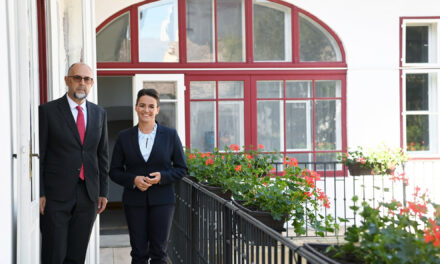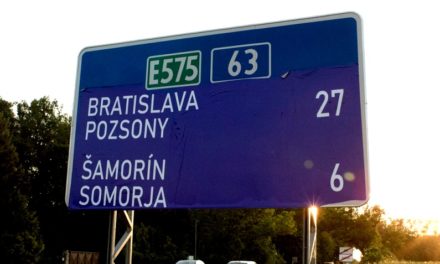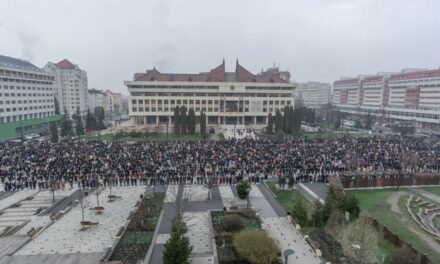Do not look for it, the term cannot be found in the dictionary. How in life? You can reflect on that, especially if we take the circumstances of scattered existence as a basis.
A story follows, the timeliness of which is given by the fact that its protagonist is a prefect with the rank of state secretary in the county of Temes, Romania. The prefect is the highest-ranking government official at the county level, representing the current government. His office is equivalent to that of the Hungarian government commissioner, but with stronger powers: there are local public policy issues in which he has the same powers as the elected head of the county.
Following the parliamentary elections in December 2020, the Romanian government succeeded in appointing the prefects and their 2-2 deputies per county in February. These are incredibly important positions for all governing parties, because those who get the job receive this office as a kind of political compensation in return for their work for their party. There is also a struggle between the governing parties. Cluj was almost killed because the local leader of the liberal party (PNL), which leads the coalition, announced that if the prefect seat is not theirs, if the candidate of the RMDSZ gets the office, as the government plans, the Hungarian vice president of the County Council will be removed from his position.
Timisoara, like many things, is different. After all, the country's most important rural town (they are competing with Cluj for this title) has appointed a German citizen to the mayor's seat. A German citizen who does not even have Romanian citizenship! He is not a Saxon or Romanian who emigrated from Romania, like many who left their homeland in Transylvania for the seemingly happier west. So today the prefect of Temes county is Hungarian by name, and so is the sub-prefect. The former is called Zoltán Németh, the latter András Molnár. The former is the local leader of the USR (Save Romania) party, and the latter is the leader of the county UDMR (Romanian Hungarian Democratic Association). Both are lawyers and are not far apart in age, in their mid-30s. But what a difference!
After his appointment on March 4, the new prefect gave a quick interview to MTI, saying that his father and mother are Hungarian, but he - unlike his brother who graduated from a Hungarian school - went to a Romanian school, socialized in a Romanian environment, and prefers to speak Romanian with his parents. He was also asked what nationality he would declare himself to be in next year's census, to which he replied: "I think Hungarian". However, in his official lawyer's CV, he wrote Romanian for his nationality.
This reminded many people, including me - because I lived through it - of one of the outrageous political decisions of the dictatorship: in the last years of the conductor (Nicolae Ceausescu), we Transylvanian/Romanian Hungarians were officially called Hungarian-speaking Romanians. We were the Hungarian-Romanians.
And now the Ruin Hungarians are here. Those who are Hungarian but feel Romanian. I spoke to the prefect on the phone about a public encyclopedia being prepared, and he said that although his family is Hungarian, he does not feel Hungarian. After that, does it still matter how you will declare your ethnicity?
The people of the government were not mistaken: the new prefect is Romanian.
Our only question is, after 1990, how can a child of a Hungarian family in Temesvár become Romanian?
Bodo Brown













